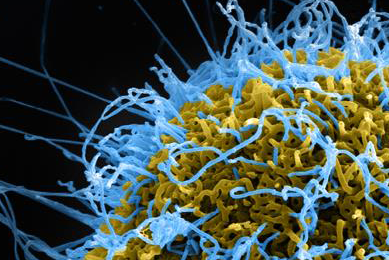 Webinar
Webinar
Amplify Your Viral Vaccine Production with CRISPR/Cas9-Engineered Host Cells
Most viral vaccines are manufactured in large-scale tissue culture systems using historical cell lines such as Vero and MDCK. In this webinar, an ATCC scientist explains how CRISPR/Cas9 genome-editing technology was used to enhance virus production in ATCC cell lines.
More Webinar
Webinar
Antimicrobial Resistance: A Broad-spectrum Public Health Crisis
Through the combined efforts of researchers around the globe, our knowledge of antimicrobial resistance, how resistance mechanisms work, what causes drug resistance, how it spreads, and who is affected is continuing to grow. This webinar provides an overview of drug resistance mechanisms and current knowledge about the global impact of AMR infections.
More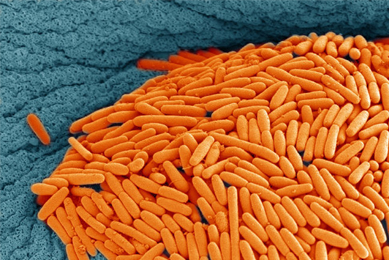 Webinar
Webinar
Bacterial Culture Fundamentals: How to Address Common Propagation Challenges
While much is already known about bacteria, their sheer diversity challenges biologists as many species require specialized growth conditions. In this webinar, we cover the methods used at ATCC to achieve successful growth for a wide variety of bacteria and troubleshooting tips to ensure the propagation of difficult-to-grow strains such as Mollicutes and extremophiles.
More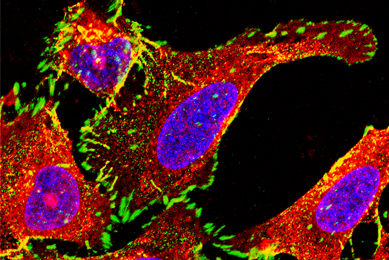 Webinar
Webinar
Best Practices for Cell Culture
In this webinar an ATCC expert taps into ATCC’s vast experience and shares the best practices for culturing cells that ensure optimal results and performance. The information delivered covers all aspects of successful cell culture, including culture initiation, expansion, authentication, and cryopreservation.
More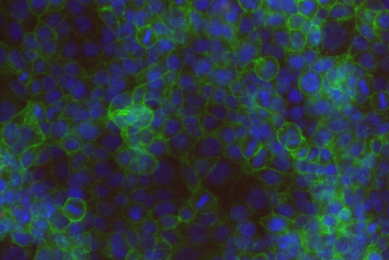 Webinar
Webinar
EMT Reporter Models for Cancer Research: A Window into Invasion and Metastasis
This webinar examines a groundbreaking tool for scientists studying epithelial-mesenchymal transition (EMT) and its reverse. We used CRISPR technology to engineer EMT and MET reporter cell lines to monitor this transition. The data discussed here confirmed that the gene-edited cell lines’ fluorescent signal brightened or dimmed appropriately when undergoing EMT or MET.
More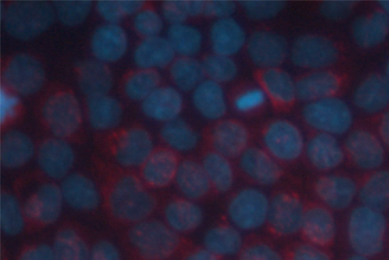 Webinar
Webinar
Expanded Primary Hepatocytes: Achieve More Predictive Toxicity Studies
Choosing the ideal model for toxicological research and screening poses a challenge to the researcher. Learn from an ATCC expert how upcyte Hepatocytes meets this need and explore the various uses for these cells, such as hepatoxicity prediction and drug-drug interaction studies.
More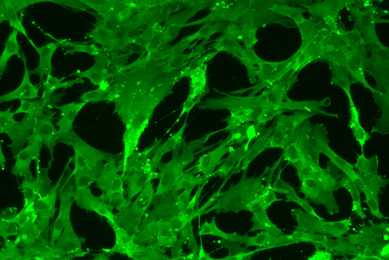 Webinar
Webinar
Expand Your Cell-based Assays With an Unlimited, Biologically Relevant Resource
Differentiated induced pluripotent stem cell (iPSC)-derived cells fulfill the need for a consistent source of cells and physiological relevance. This webinar provides data demonstrating how differentiated iPSC-derived cells can be incorporated into immunoassays or further differentiated into cell types such as osteocytes, chondrocytes, and adipocytes.
More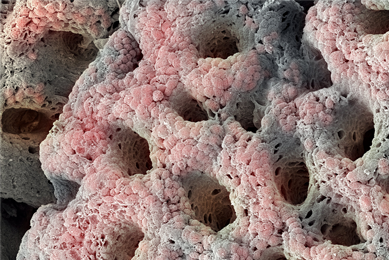 Webinar
Webinar
Extracellular Vesicles: For Better and For Worse
Extracellular vesicles (EVs) such as exosomes are critical mediators of intercellular communication. The diverse biological cargo that is associated with these vesicles is believed to mediate the pleiotropic effects of EVs. This webinar explains the difference between damaging and reparative extracellular vesicles and shows data characterizing how these exosomes can be used in diagnostic and therapeutic purposes.
More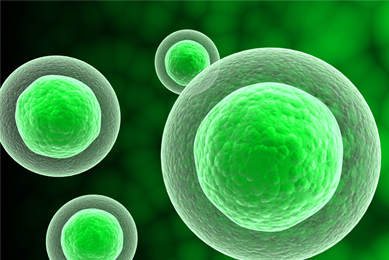 Webinar
Webinar
Illuminate Immuno-oncology Research with THP-1 Luciferase Reporter Cell Lines
This webinar discusses THP-1 luciferase reporter cells containing the response elements of immune-regulated transcription factors, a breakthrough for immuno-oncologists and basic researchers. With sensitivity and specificity, these cells produce an intense luciferase signal upon stimulation, making them ideal for screening immunomodulators and evaluating drug efficacy.
More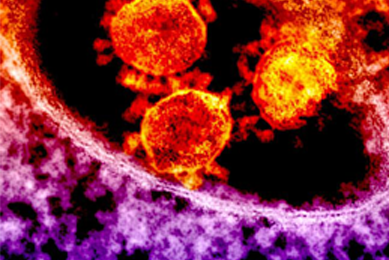 Webinar
Webinar
Lab Work in a Pandemic: How ATCC Navigates the New Normal
ATCC has adopted a battery of best practices that minimize transmission of SARS-CoV-2 with little impact on productivity. Many researchers are unaware of these practices or may be confused as to how to implement them. In this webinar, ATCC experts engage in a lively roundtable discussion that shares what they do to keep the staff safe, current challenges, and the silver linings of the new normal.
More Webinar
Webinar
Repairing Reproducibility: Time for a New Perspective
Hear a discussion from a highly distinguished panel of thought leaders that explores key areas of scientific research that play a critical role in the reproducibility science. Learn the actionable ideas that every scientist can employ today to improve reproducibility in their own research.
More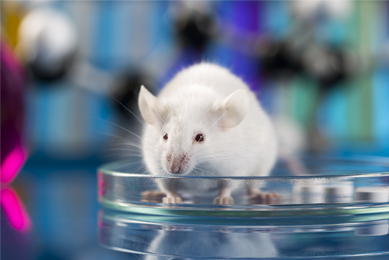 Webinar
Webinar
STR Profiling for Mouse Cell Lines: A New Tool to Combat Cell Line Misidentification
Cell line authentication is a critical requirement to receive funding for research, publish papers in scientific journals, and validate in vitro studies for preclinical testing. In this webinar, ATCC authentication experts explain how human and mouse STR profiling can be used to verify cell line identity.
More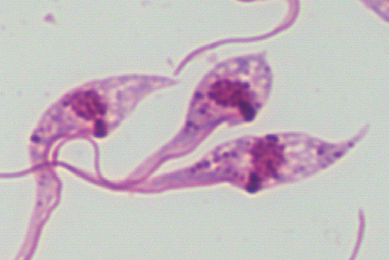 Webinar
Webinar
The Protistology Collection at ATCC: Scientific Relevance and Best Practices
In this webinar, we explore the role of protists in the scientific and general communities, and we will detail the initiation, expansion, cryopreservation, and authentication of this diverse group of organisms.
More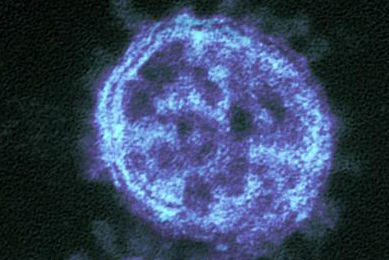 Webinar
Webinar
Understanding COVID-19: A Global Pandemic
Although extensive knowledge of other coronaviruses informs understanding of SARS-CoV-2, much is still unknown. This webinar provides an overview of current knowledge of coronaviruses, SARS-CoV-2, and COVID-19 disease, highlighting the role of ATCC in the progress of scientific and clinical research in this disease area.
More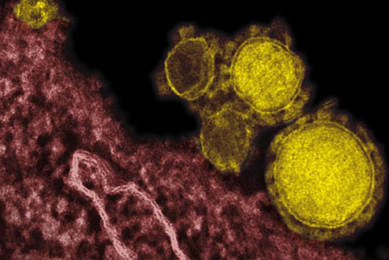 Webinar
Webinar
Viral Metagenomics and the Use of Standards: From Biology to Clinical Applications
Virus membership and function within the human microbiome are being revealed with the advent of metagenomics, and knowledge on these communities is continuing to expand. This webinar discusses how as the field of metagenomics translates into clinical and other applications, the implementation of viral standards and controls is of increasing importance.
More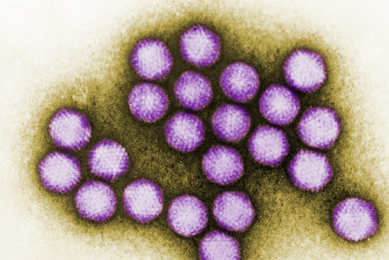 Webinar
Webinar
Virus Culture Fundamentals: Methods and Strategies for Viral Propagation
The successful replication of viruses depends on specific tools and processes; however, even experienced virologists encounter issues when culturing different viral species. In this presentation, ATCC virologists provide an in-depth look at viral propagation and go over the basic strategies used to grow, authenticate, and troubleshoot virus cultures.
More